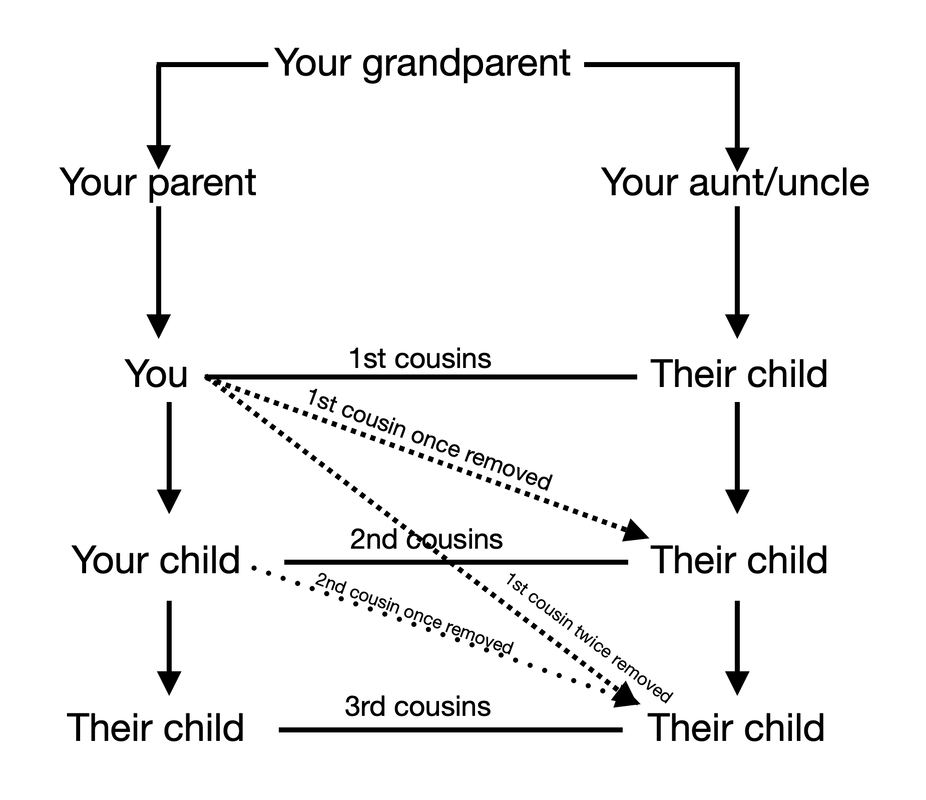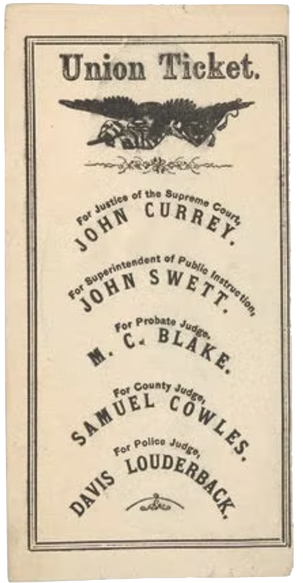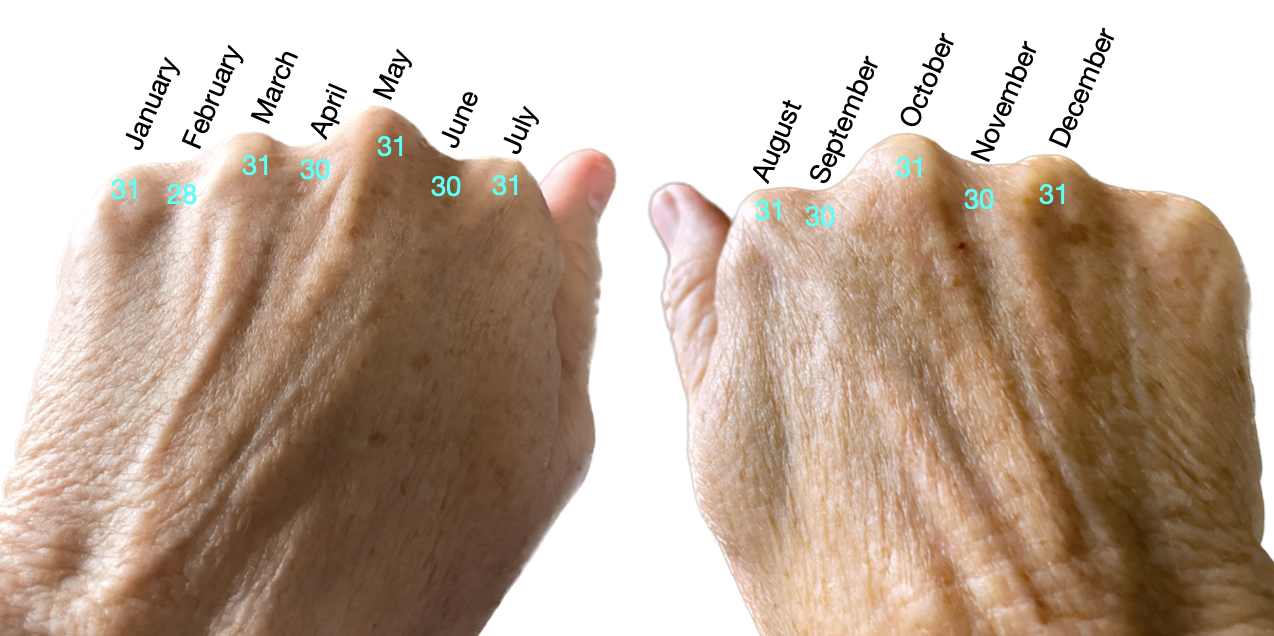|
The parents of your father and/or mother are your grandparents (your grandmother and/or grandfather) and their parents are your great grandparents. Your parents' brothers and sisters are your uncles and aunts. The brothers and sisters of your grandparents are often called your great uncles or great aunts, but this is incorrect. They are actually your grand aunts and grand uncles. The brothers and sisters of your great grandparents are your great grand uncles and great grand aunts. What about the cousins? You may have heard some cousins referred to as your 1st cousin, or 2nd cousin. You may have even heard of them referred to as your 2nd cousin once removed. These relationships aren't as difficult to figure out as it seems.
Winning the right to vote
Voting rights of the 1960s In 1957 and 1960, laws were passed by Congress to safeguard African American voters. Despite this, during the 1964 presidential elections, they still faced difficulties in registering to vote, encountering opposition and even brutal violence during voter registration drives. In March 1965, Martin Luther King Jr. organized a march from Selma to Montgomery, Alabama, to draw attention to the issue. Following this, President Lyndon B. Johnson sent a voting rights bill to Congress, which was passed and became the Voting Rights Act of 1965.
The Act empowered the U.S. attorney general to dispatch federal examiners to assist with African American voter registration and abolished literacy tests in certain states. It had an immediate effect, with around 250,000 new African American voters registered by the end of 1965. The Act was subsequently strengthened in 1970, 1975, and 1982, and was extended for 25 years in 2006 by President George W. Bush. However, in 2013, the U.S. Supreme Court invalidated a crucial provision of the Act in the Shelby County v. Holder case. The Court determined that states with a history of voter bias no longer required federal pre-approval to amend their election laws, affecting mainly Southern states. Chief Justice John Roberts cited improvements in voting conditions in these states as the reason for the Court's decision. President Barack Obama criticized the ruling, calling for new legislation to safeguard equal access to the polls for all voters. Mnemonics (the first m is silent) are tricks or strategies to help you remember information. A mnemonic can be a word, phrase, a rhyme, a song, or anything else you use to help you remember something. One mnemonic you know already is the alphabet song. This help kids remember the letters of the alphabet. Below are some other examples: HOMES Knowing the mnemonic H.O.M.E.S. can help you remember the names of the Great Lakes: Huron, Ontario, Michigan, Eerie, and Superior. This mnemonic uses the first letter of each lake to create another common word. spring forward, fall back knuckle mnemonic This mnemonic uses your knuckles to remember which months have 30 days and which have 31 (or 28). The higher bumps of your knuckles let you know a higher number should match, while the dips between your knuckles are lower, helping you remember a lower number corresponds with the dips. Dessert vs desert
|
Author
I often struggle to find websites with thorough explanations in simple language to help kids understand historical events or scientific concepts, so I decided to create some of my own! -Cookie Davis
Archives
March 2024
|






 RSS Feed
RSS Feed